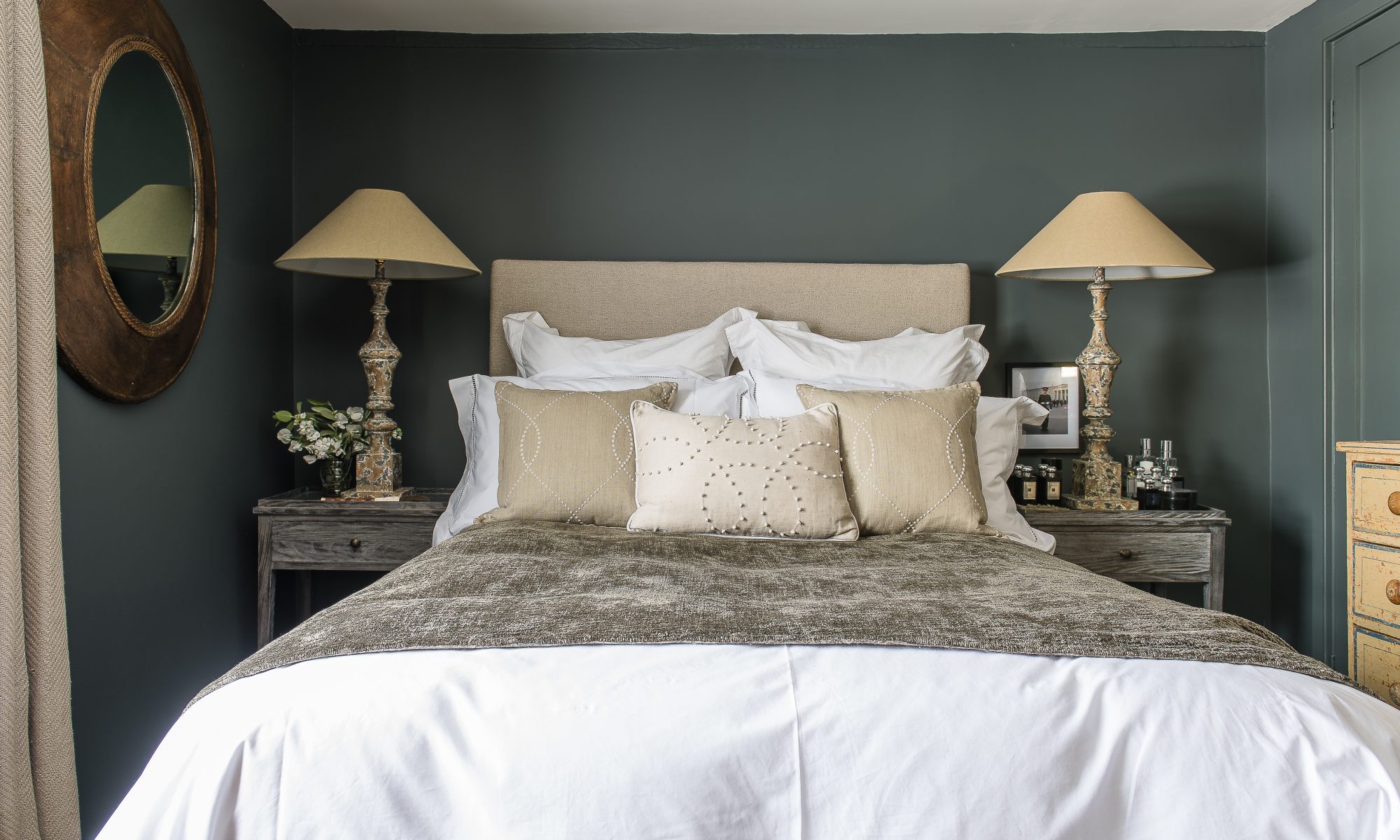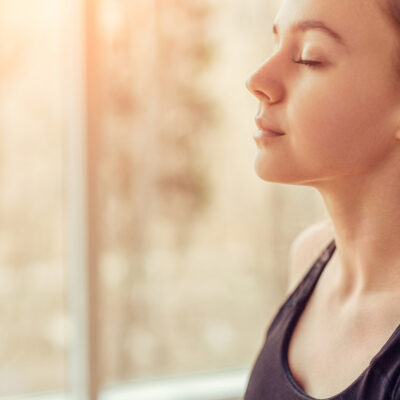We are all born knowing how to do it, but can get worse at it as we age – Eminé Rushton takes a look at the all-important function of sleep and how to improve it
We’ve all been there, desperate to fall asleep, knowing that we need to be up early for something immensely important – yet wholly unable to drift off. For many of us it’s fortunately a fleeting experience, perhaps ahead of a stressful event – but for 30% of people in the UK, the odd sleepless night has slipped over into debilitating chronic insomnia.
The National Sleep Foundation has highlighted the link between stress and insomnia. With stress levels in this country at an all-time high (a poll by YouGov found that in 2018, 74% of Britons have felt so stressed as to no longer be able to cope with daily life), the parity between our waking and lack-of-sleep-ing lives is crystal clear.
It is, admittedly, not a pretty or restful picture but thankfully, when it comes to sleep, there are several simple steps that each of us can take to make enormously positive differences.
Firstly, we must wake up to how much our modern-day lives are affecting our body’s ancient sleep-smart programming. When once we would have woken at sunrise and retired at sunset, we are now able to power on as early and late as we wish – phones, laptops, tablets keep us plugged in unnaturally often, and the blue light emitted from their screens has been shown to be one of the biggest health concerns of our time. Blue light suppresses melatonin – the hormone that takes us off to sleep – twice as long as other light wavelengths and alters circadian rhythms by twice as much again. This affects more than just sleep.
“Interference with the body’s circadian rhythms can have a significant effect on health, creating problems with the cardiovascular, metabolic, and immune systems, disturbing mood, and compromising cognitive function,” says sleep doctor Michael J Breus PhD.
“Stay clear of all devices – television included – for up to two hours before you wish to go to sleep”
I recommend setting all devices to switch automatically to night mode at sunset. Also stay clear of all screens – television included – for up to two hours before you wish to sleep.
Other sleep-supporting activities I have found to be most successful are linked to lowering stress levels. Meditation is being shown to be something of a golden bullet when it comes to improving sleep issues.
I’d highly recommend Will Williams’ brilliant book, The Effortless Mind, which breaks down exactly why this practice is so effective. If a daily studio visit is out of the question, try movementformodernlife.com.
Professor Jim Horne of the Sleep Research Centre at Loughborough University advocates two simple, yet highly effective, choices for a better night’s sleep. Firstly, a long walk outside in nature, which allows the brain to ‘rest’ and focus on things beyond the internal paraphernalia, is incomparably stress relieving. This also douses the body with natural daylight which helps maintain the correct day/night balance of our internal body clock.
A seminal 2016 study in the US found that low vitamin D levels often resulted in insomnia, so that daily walk with all of its natural light benefits, wherein we get to top up our vitamin D stores too, has yet another benefit to herald. When the days begin to dim significantly, do ensure you top up daily – Wild Nutrition Food-Grown Vitamin D, £10 (wildnutrition.com) is my supplement of choice.
Professor Horne’s second sleep tip is no less enjoyable: a long hot bath, taken an hour before bedtime, which raises the core body temperature, only to then have it drop, rather rapidly, as we step out of the bath and towel dry.
This drop in body temperature perfectly mimics the body’s own drop in core temperature as we begin to prepare for sleep (ever stayed up too late and started to shiver?). When our core body temperature drops, it creates optimal conditions for melatonin production, promoting good healthy sleep.
Getting too hot at night is indeed one of the chief causes of waking and fitful sleep, so keep the bedroom cool, stick to breathable bedclothes and PJs, and leave the window open for as long as you feasibly can for fresh and cooling air.
Yes, there are innumerable gadgets, gizmos, pills and teas to try too, but in keeping with sleep’s innate and simple nature, I shan’t expand on them here. The fact is, the more we can simplify and re-naturalise our waking lives, the more likely we are to sleep well at night.
And if that, perchance, isn’t the stuff of the sweetest, easiest dreams, I really don’t know what is.
You may also like
Take me to… a UK Staycation
We’re kicking off our new travel feature with a collection of ideas to get you trying something new with explorative and adventurous trips Cornish Escape The Park, Cornwall is an award-winning holiday village, just a short stroll from Mawgan Porth...
Brain power!
Sarah Maxwell explores how exercise affects your grey matter Exercise has long been recognised for its positive impact on physical health. However, many recent studies have shown that exercise also has many transformative effects on the brain, so if you...
Farm Fables
Jane gathers some fascinating honey bee facts as she checks the Coopers Farm hives before their very busy year ahead April… the evenings are longer, the countryside greener and the birds louder. Bliss. Spring has arrived and nowhere is this...















